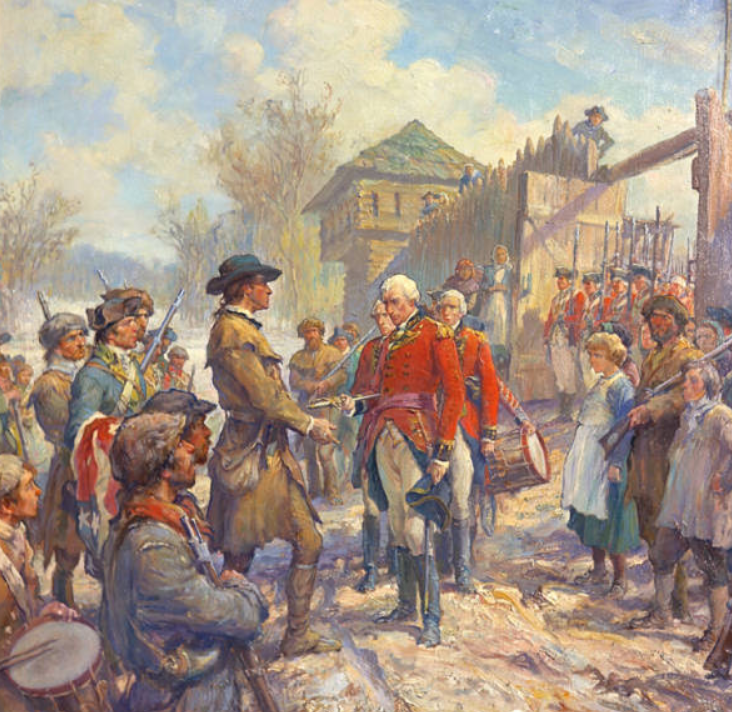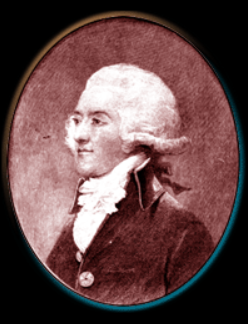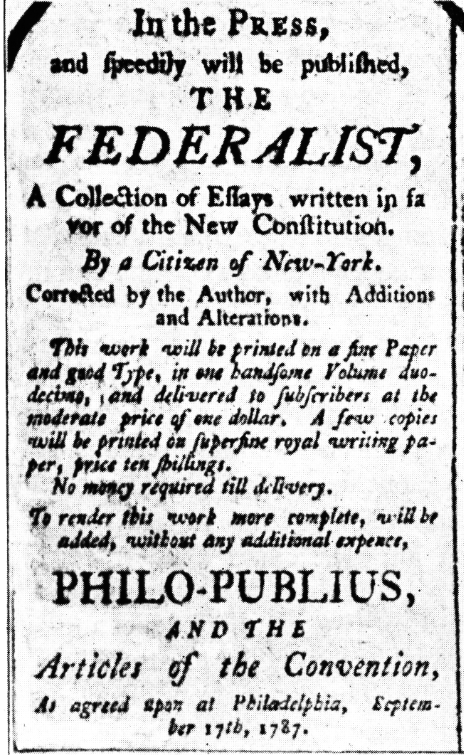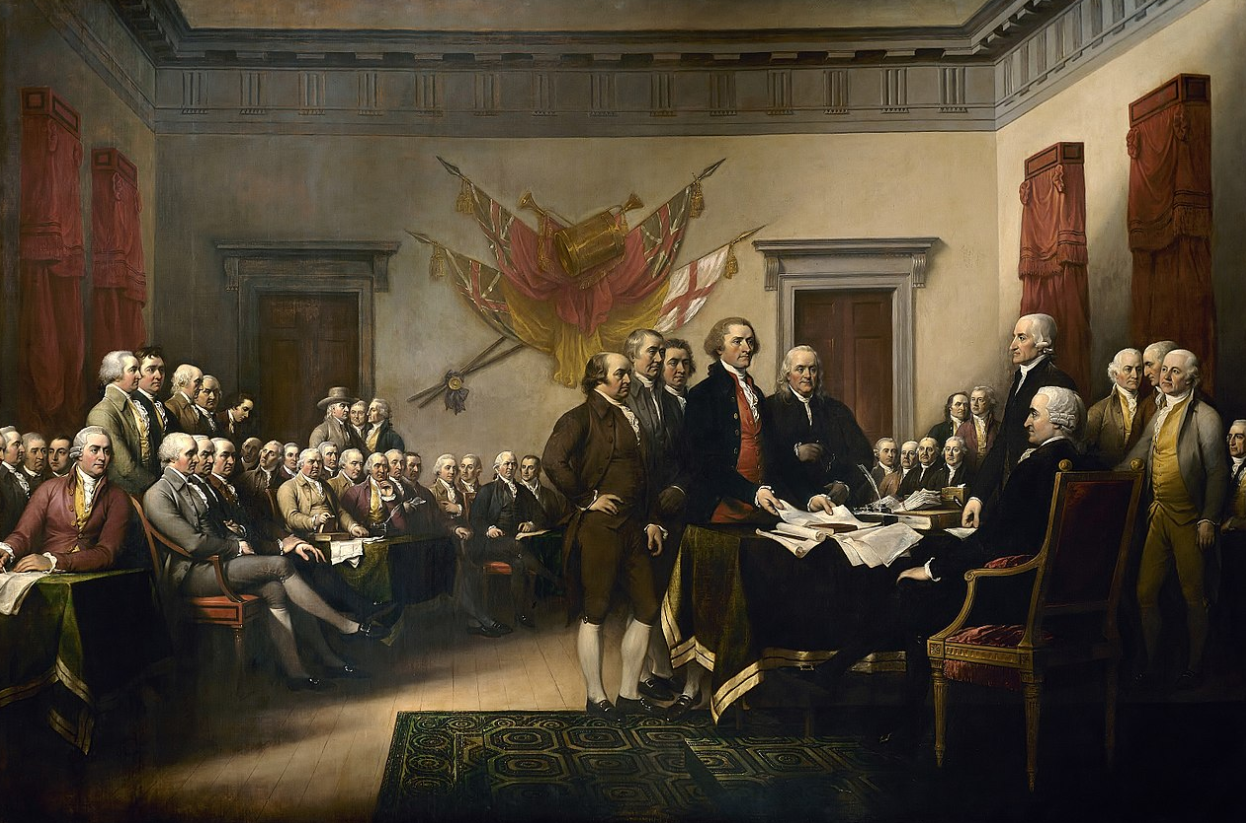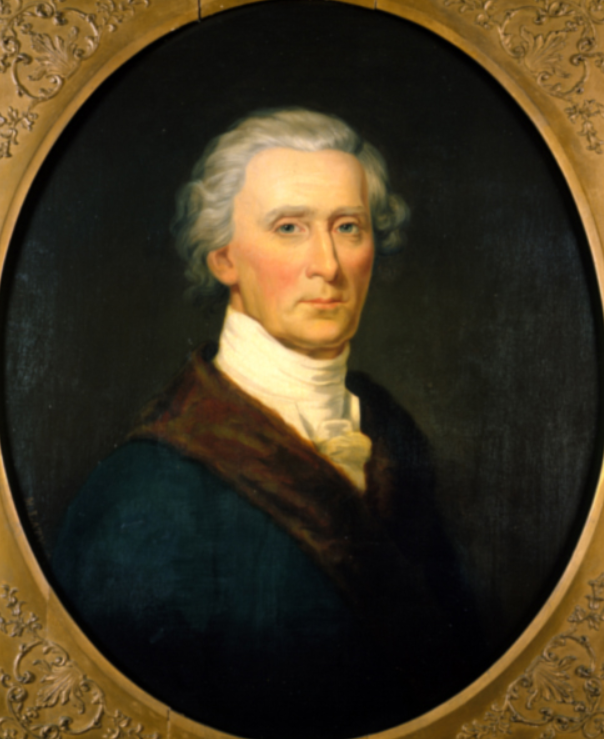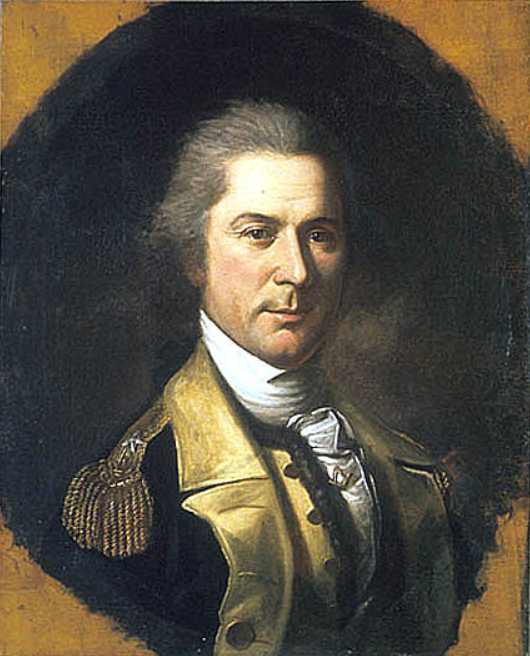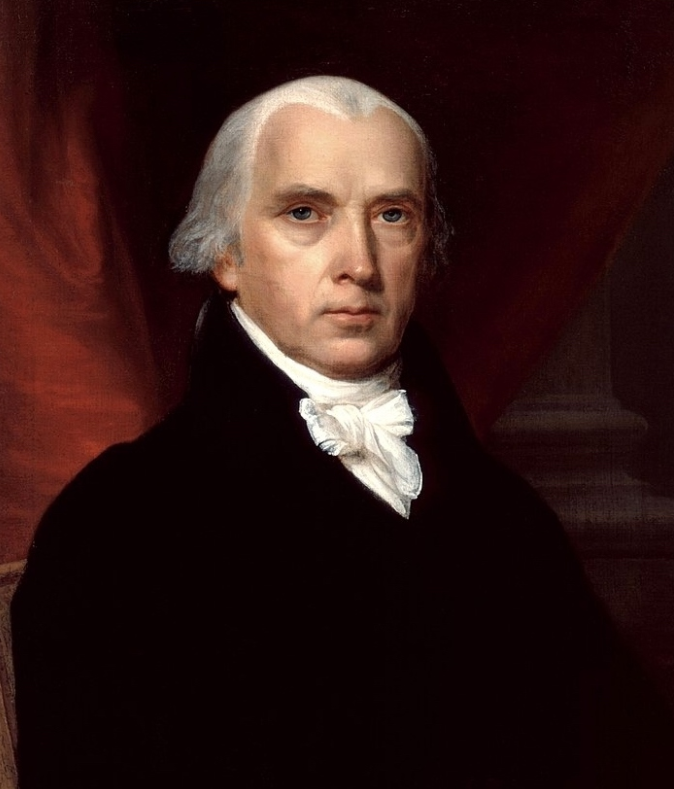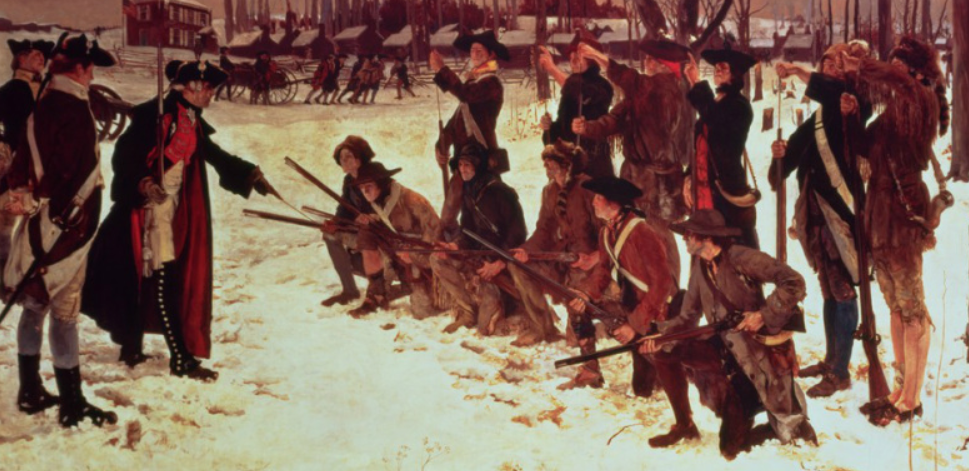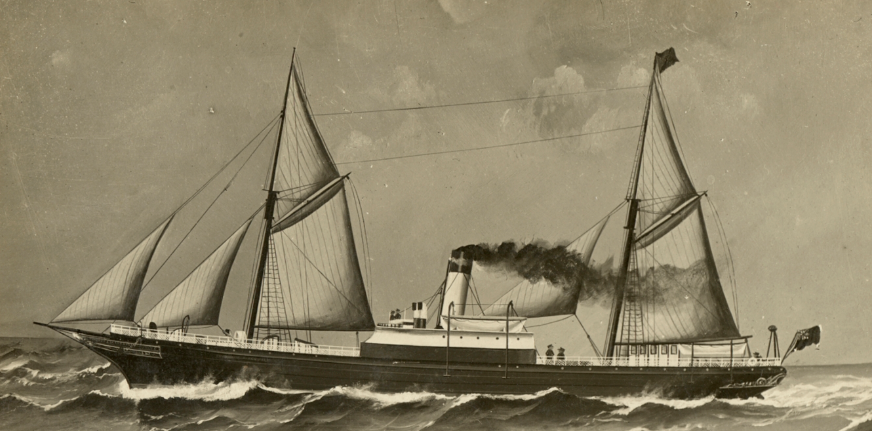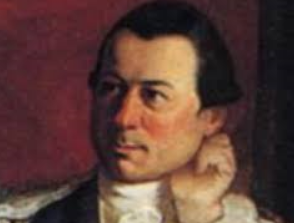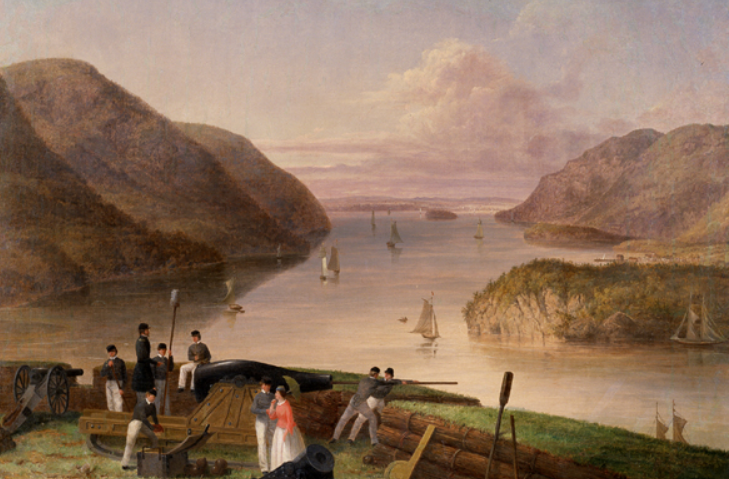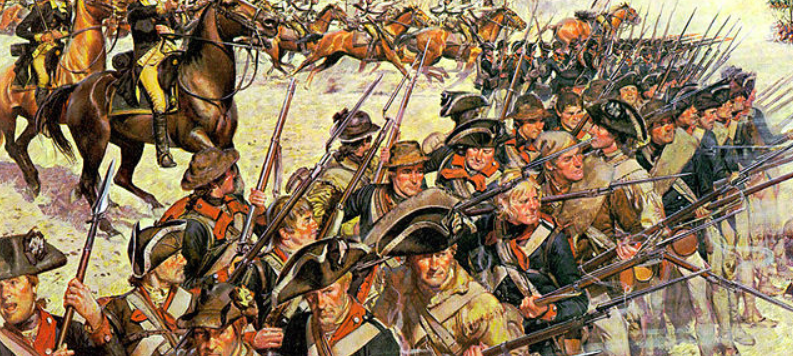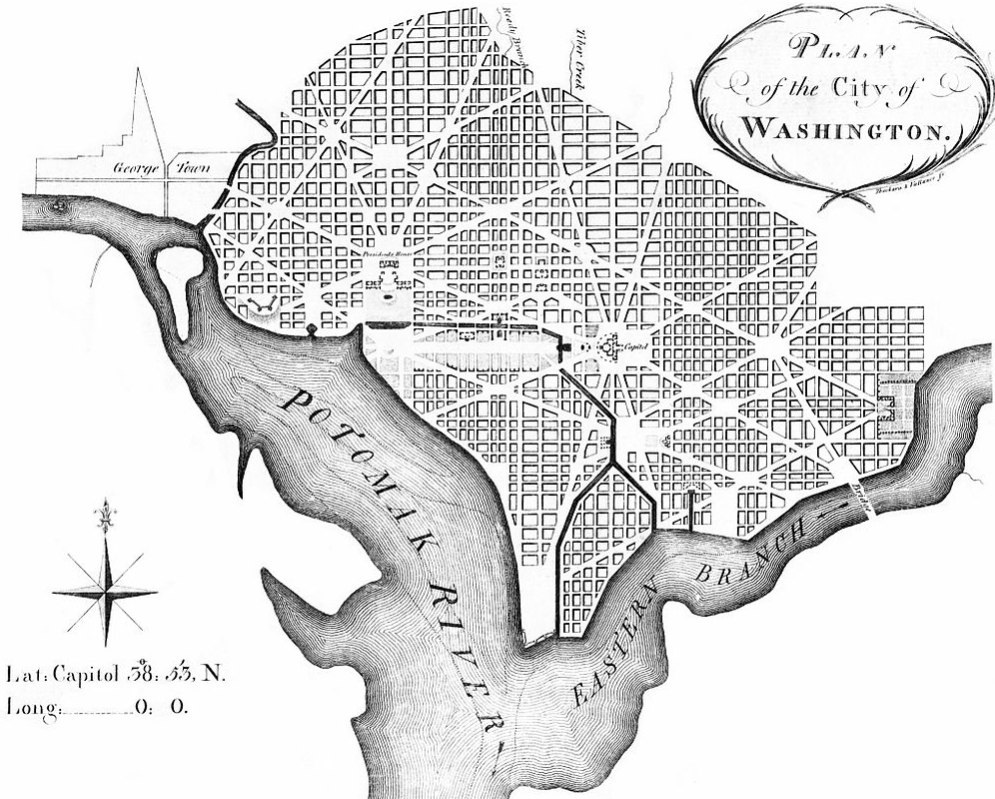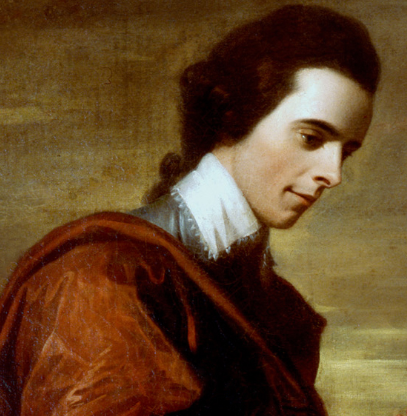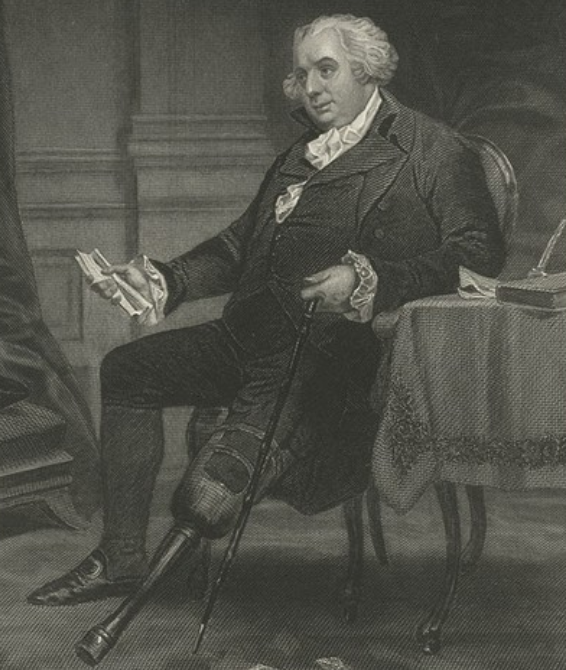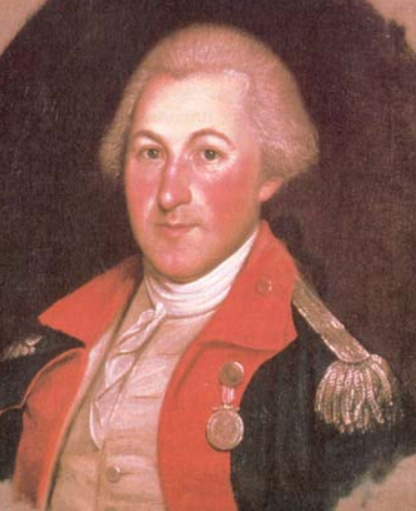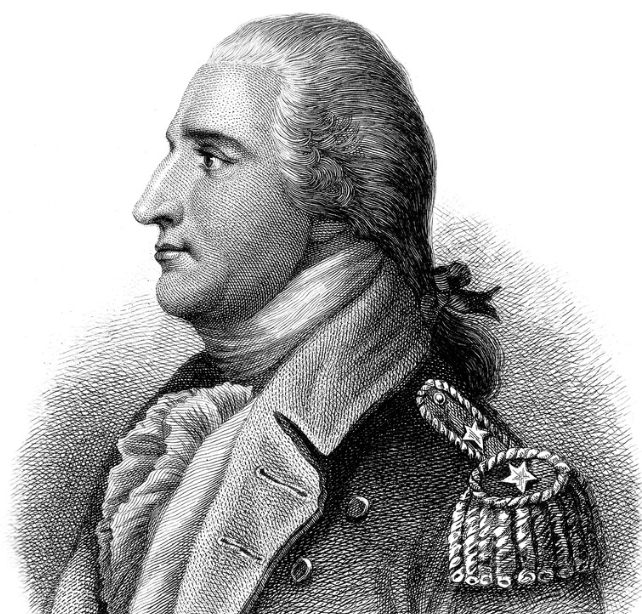The Asgill Affair was a challenging time for General Washington which slowed down peace negotiations in France
Heir Apparent at the Treaty of Paris - William Temple Franklin
William Temple Franklin was Benjamin Franklin’s grandson and Secretary at the Treaty of Paris.
Together Yet Independent - The Contradiction of Federalist #36
In Federalist #36, Alexander Hamilton sums up his argument for the Federal Government’s ability to issue internal taxes plus adds a strange contradiction.
The 8 Most Underappreciated Founding Fathers
Had you asked around in the late eighteenth century, these men would have been expected to better known to posterity.
The Catholic Who Signed the Declaration - Charles Carroll of Carrollton
Charles Carroll of Carrollton was the only Catholic to sign the Declaration of Independence.
Otho Holland William's Tiny Cell - The Punishment of Continued Correspondence
Otho Holland Williams is mostly known for his success in battle, but early in the Revolutionary War he was treated harshly as a POW.
Conqueror of the Northwest - George Rogers Clark and the Illinois Campaign
George Rogers Clark was one of the military leaders in the often overlooked theater of the Revolutionary War in the Northwest Territory.
Madison Beats Monroe - The Small Election with Big Implications
James Madison’s defeat of James Monroe in the inaugural election for the House of Representatives is one of the most underrated political campaigns in American history.
Steuben's Valley - Forging an Army
Baron von Steuben’s extensive military training as Inspector General at Valley forge turned the Continental Army into the fighting force it needed to be victorious in the Revolutionary War.
Altogether Visionary - Equality, Taxation and Federalist #35
In Federalist #35 Alexander Hamilton discusses equality of taxation as well as class representation in Congress.
The Continental Congress Kicks Out John Joachim Zubly
John Joachim Zubly was an early spokesman for the Patriot cause who turned Loyalist after disagreements with the Continental Congress.
The Invalid Corps - Lewis Nicola's Disabled Soldiers
The Invalid Corps were eight companies of Continental Soldiers who, despite surviving great wounds, continued in service to their country any way they could.
Erastus Wolcott Shares His Men
Erastus Wolcott was a Brigadier General in the Connecticut Militia who supported the Continental Army on several occasions.
Founding Washington - Pierre-Charles L'Enfant Outlines the Capital
A look at some of the interesting ideas expressed when Pierre-Charles L’Enfant laid the plans for the US Capital.
Before the Capital - L'Enfant at War
Before Pierre-Charles L’Enfant organized Washington, D.C. he was an Officer in the Continental Army.
Reflecting on Federalist Fridays - A Review of the First 34 Papers
A reflection on what I’ve learned after reviewing the first 34 Federalist Papers.
The Secret Governor - Arthur Middleton Rejects an Appointment
Arthur Middleton was a South Carolina signer of the Declaration of Independence.
The Amputation of Gouverneur Morris - Finding Truth in a Legend
The amputation of Gouverneur Morris’ left leg has led to some outrages stories…though many are simply not true.
Saying No To Washington - John Eager Howard Needs Some Exercise
John Eager Howard turned down the opportunity to act as the third Secretary of War of the United States.
Gates and Arnold at Saratoga - Dispelling Historical Inaccuracy
A new perspective regarding the Gates-Arnold relationship during the Battle of Saratoga.
